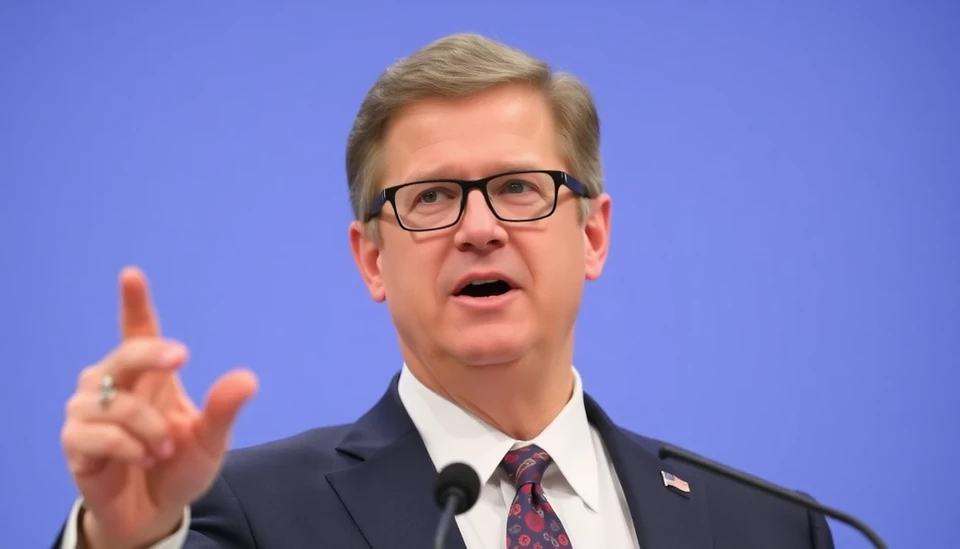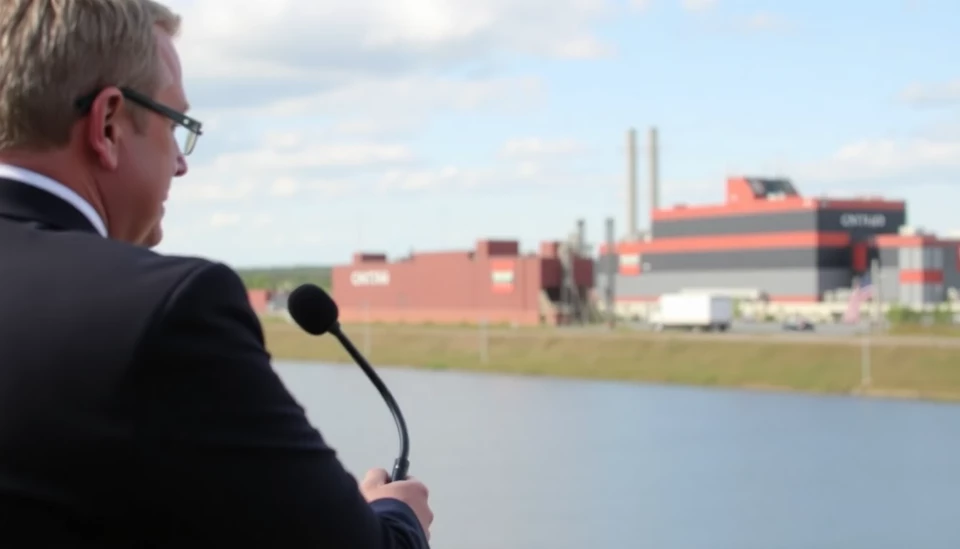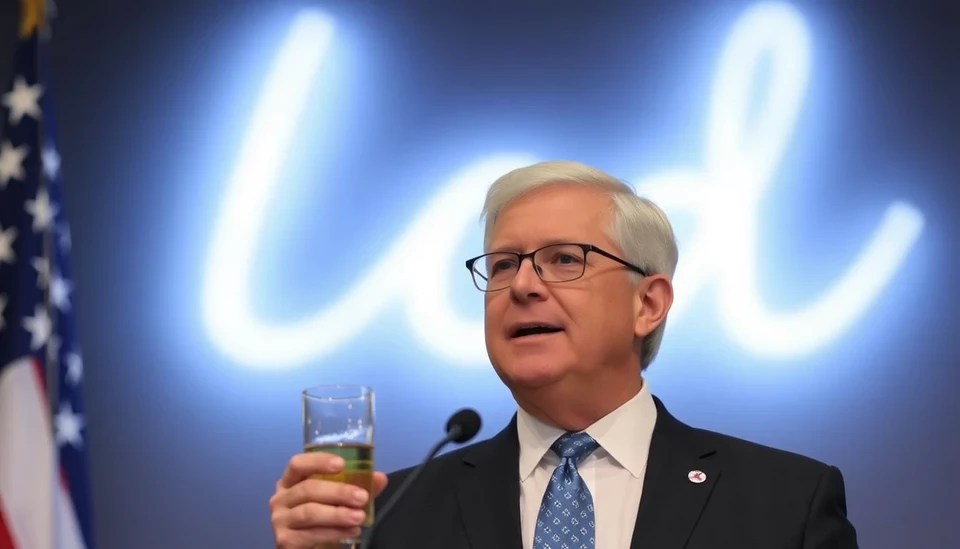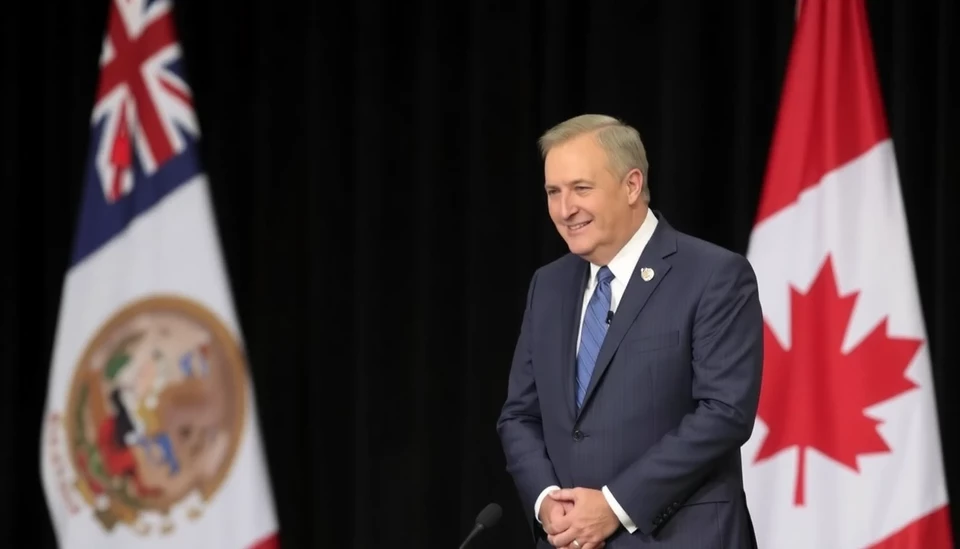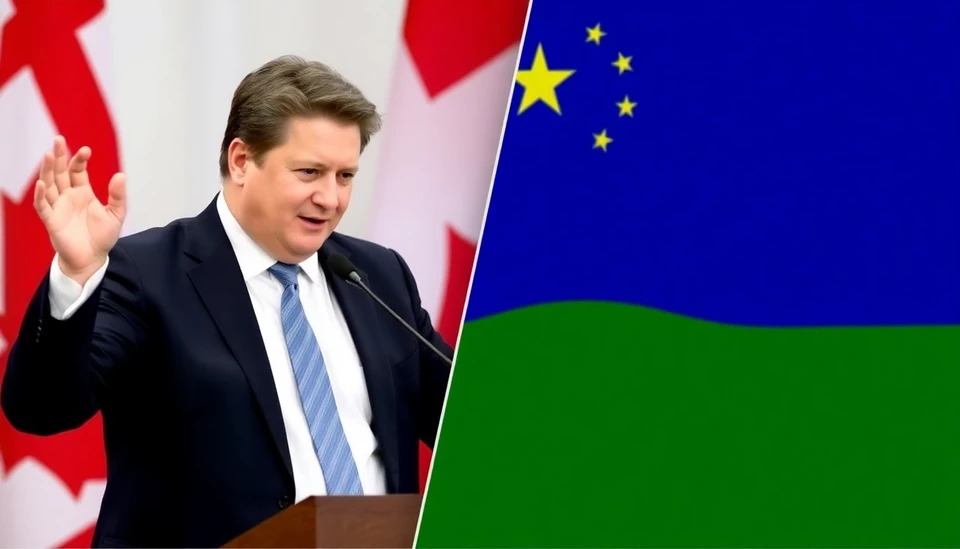
In a striking plea to the Trump administration, Ontario Premier Doug Ford has voiced concerns over escalating tensions between the United States and China. He notably cautioned that a potential trade war with China would only result in losses for America. Ford's comments come at a time when relations between the two global powers are strained, with significant implications for the North American economy, particularly the Canadian province of Ontario.
During his address, Premier Ford underscored the interconnectedness of the global economy, stating that a trade war could derail economic growth not only in the United States but also in Canada. The Premier emphasized that Ontario, being heavily reliant on trade, could suffer significantly from retaliatory tariffs and trade barriers that China might impose in response to U.S. actions. His message resonated as a call for diplomacy and cooperation rather than confrontation.
Ford's remarks are particularly salient given the current backdrop of rising inflation and supply chain disruptions, which have affected various sectors across North America. He highlighted that both Ontario and the U.S. have benefited from strong trade relations with China, which has become a crucial market for numerous industries, including agriculture, technology, and manufacturing. The Premier urged that rather than escalating tensions, the focus should shift towards finding common ground and working together to address grievances in a constructive manner.
Further, Ford acknowledged the legitimate concerns regarding China's trade practices and human rights issues but reiterated that a trade conflict could exacerbate these problems rather than resolve them. He advocated for a balanced approach, suggesting that dialogue and negotiation should be prioritized to tackle issues without resorting to aggressive trade measures that could harm workers and families on both sides of the border.
As Ford continues to advocate for more cooperative strategies, he remains vigilant about the economic impact of trade disruptions. His call for unity and collaboration reflects a broader sentiment felt by many Canadian leaders who are concerned about the long-term implications of a trade war. With elections approaching in both Canada and the U.S., trade policy is expected to remain a key issue on the agenda, influencing voters and policy decisions alike.
The Premier’s statements have sparked a mixed reaction among political analysts and business leaders. Some praise his foresight and pragmatic approach, suggesting that his understanding of Ontario’s economic framework positions him as a crucial player on the continental stage. Others, however, contend that addressing China’s trade practices must also involve leveraging economic strength, raising questions about the balance between negotiation and firmness in trade dealings.
As discussions surrounding trade relations evolve, it remains clear that the stakes are high. The actions taken in the coming months will not only shape the economic landscape for Ontario but may also set a precedent for how Canada engages with both the U.S. and China moving forward. The plea by Premier Doug Ford serves as a reminder of the importance of diplomacy in international relations, especially in a time when economic interdependence is more critical than ever.
With Ontario being a focal point in this trade dialogue, how it navigates the complex web of trade relationships will undoubtedly influence broader economic policies across Canada and renew discussions about national strategies concerning foreign trade and investment.
In conclusion, Ontario’s position under Doug Ford’s leadership illustrates the delicate balance that must be struck in order to achieve sustainable economic partnerships while safeguarding regional interests amidst global uncertainties.
#DougFord #ChinaTradeWar #OntarioPolitics #USChinaRelations #EconomicDiplomacy #TradePolicy #GlobalEconomy
Author: Rachel Greene
